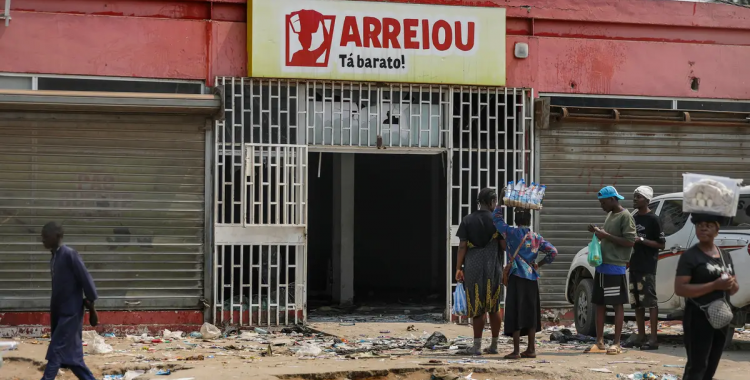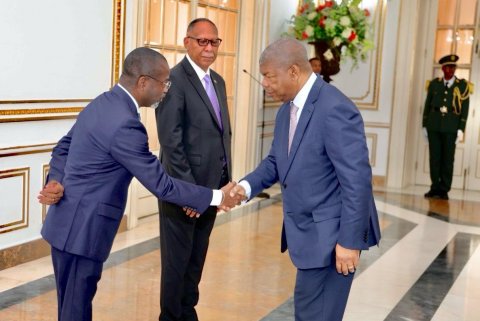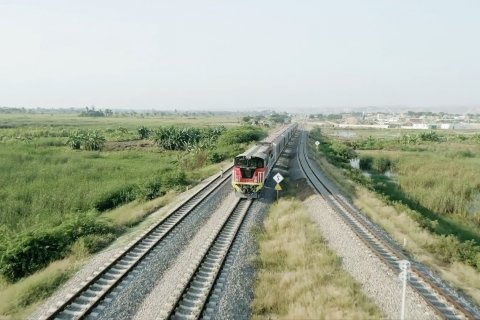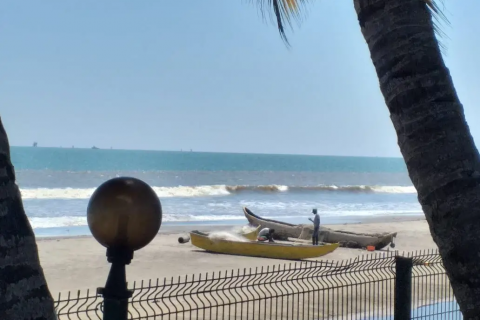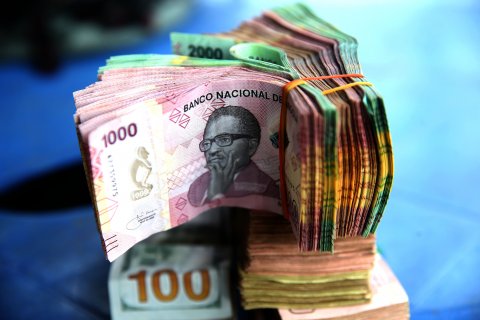The shutdown of the informal transportation service, responsible for over 65% of urban mobility in the capital, represented a disruption in the normal functioning of the economy. Thousands of workers were unable to reach their jobs, generating a domino effect across various sectors. Schools, markets, logistics companies, informal commerce, and service establishments were directly affected. It is estimated that the province of Luanda recorded an average drop of 4.2% in daily Gross Domestic Product during the three-day shutdown, with accumulated losses of around 27 billion kwanzas. This abrupt interruption of economic activity was felt especially among the most vulnerable—those who live on daily income, with no savings and no margin for loss. Many were unable to sell, buy, or work, which worsened the already difficult socioeconomic conditions of thousands of families.
In addition to the direct economic impact, acts of vandalism further aggravated the situation. According to data from the National Police, the destruction of more than 45 commercial establishments, 3 bank branches, 25 public buses, 20 private vehicles, and 17 public transport stops was recorded, as well as attacks on state institutions and physical assaults on citizens, resulting in more than 20 deaths. Material losses are estimated at over 15 billion kwanzas, a figure that does not include the intangible costs of instability—such as the loss of investor confidence, the fear instilled in communities, and the psychological damage caused to the population. Unfortunately, this type of scenario also compromises the country's international reputation, scares away investment, and creates uncertainty regarding the predictability of the business environment.
The root of this crisis lies in an urban transportation structure marked by decades of negligence, improvisation, and informality. In Angola, the taxi sector operates largely outside of public policies and legal certainty. These operators are essential to national mobility, but they operate without social protections, structured incentives, and effective institutional representation. Their demands—for better conditions, a reduction in excessive fines, support for fleet renewal, legal certainty, and inclusion in the system—are legitimate and reflect the absence of a serious plan to restructure the sector. However, it is essential to emphasize that the right to protest cannot be confused with the right to destruction. Violence should never be used as an instrument of pressure on the democratic state. The occupation of public roads and the presentation of demands must always respect institutional channels and the norms of civic coexistence. The destruction of public property is an attack on everyone, especially the poorest, who depend on public services and social stability to survive.
Therefore, it is imperative that the Executive, in partnership with local governments and the private sector, advance a profound transformation of the urban mobility system. The country needs modern, functional, safe, and accessible public transportation. This implies investment in new buses, regular routes, fare and technological integration, as well as a strong digitalization component in ticketing. At the same time, it is urgent to formalize and empower informal sector operators, creating microcredit programs for fleet renewal, mandatory training, access to social security, and encouraging them to organize into legal cooperatives. These groups must be able to dialogue with the State on an equal footing, and not merely as targets of oversight or repression.
It is also necessary to strengthen institutional mechanisms for active listening and preventive negotiation. The country needs an effective and rapid system of social mediation, capable of identifying signs of tension and acting before they escalate into open conflict. The State's silence in the face of clear signs of dissatisfaction can be as dangerous as a violent response to demonstrations. Public policies must be based on dialogue, transparency, and anticipation of social risks, especially in sensitive areas like transportation, where millions of lives depend on the proper daily functioning of the system.
If nothing is done, episodes like the one we witnessed at the end of July will likely repeat themselves, perhaps with greater severity and less room for containment. The bill will once again be paid by workers, small business owners, children who don't make it to school, and companies that don't deliver their products. Angola cannot accept chaos becoming routine. The country we want to build demands stability, political responsibility, serious urban planning, and public policies that prioritize people and their basic needs. Aside from the vandalism, the taxi drivers' strike was not just a wake-up call from the transportation sector—it was a cry for help from a society yearning for concrete solutions, social justice, and economic dignity.
Therefore, in addition to holding those responsible for the acts of vandalism recorded over these three days accountable, may this incident also serve as a turning point for us to rethink the model of urban and social development we desire. Mobility is a right, order is a duty, and dialogue is the only sustainable path to progress.


